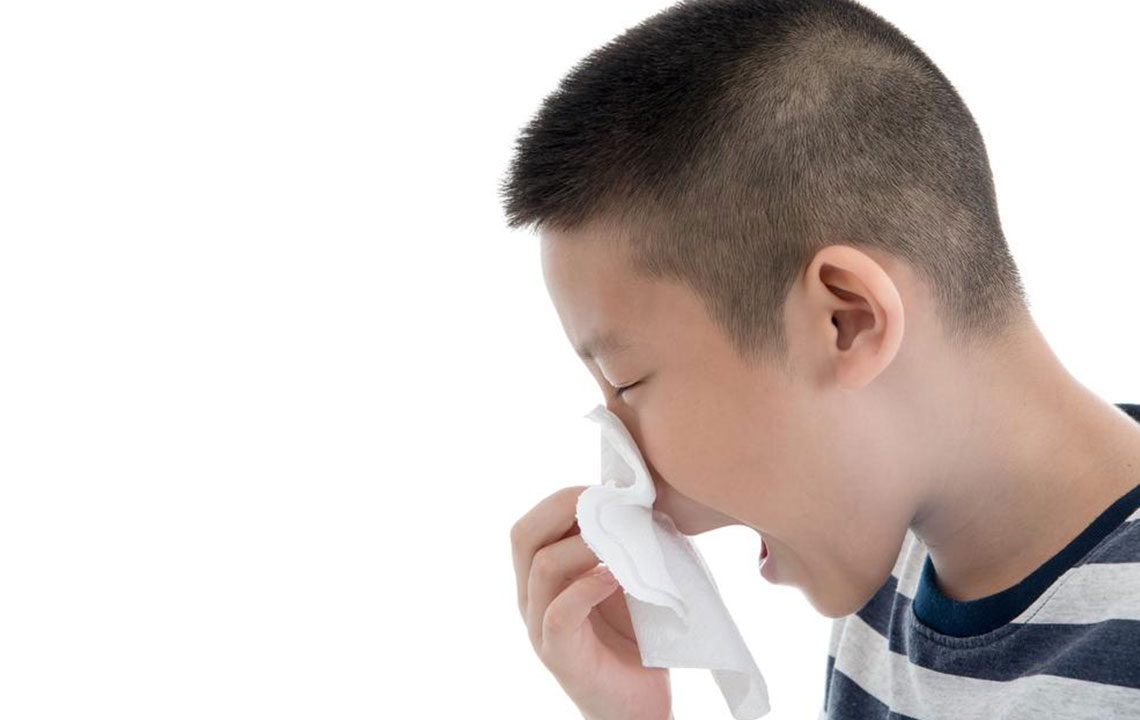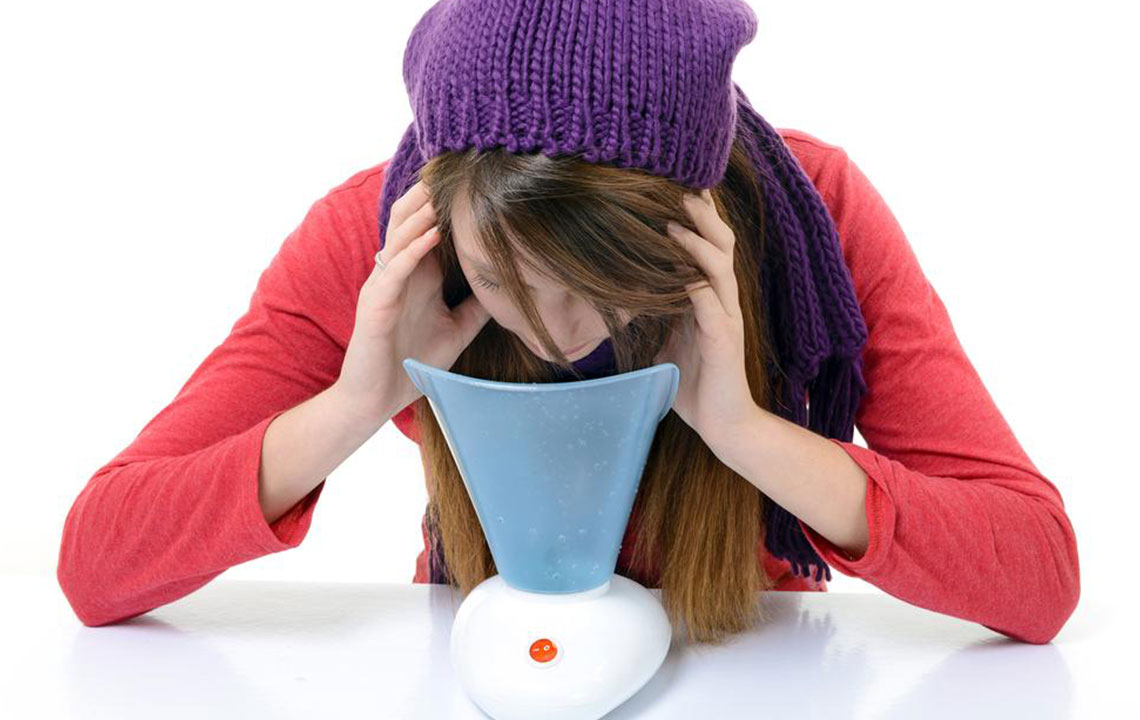Recognizing the Symptoms of Sinus Allergies
Learn to identify sinus allergy signs early for effective management. Recognize nasal, eye, congestion, fatigue, and throat symptoms to prevent complications. Adopt preventive measures and seek medical advice if needed. Staying informed helps maintain sinus health and improves quality of life.

How to Spot Signs of Sinus Allergies
Allergic reactions can be draining, especially those affecting the sinuses. Sinus allergies often cause intense discomfort and can make daily activities feel burdensome. If left untreated, they may lead to complications like infections or affect overall health, including stomach issues and heart problems. Early recognition and prompt treatment are vital. Preventive measures are most effective. Recognizing allergy symptoms early helps manage them better and reduces the risk of escalation. Understanding key signs is essential for timely intervention.
Keeping the body protected involves understanding allergy indicators. Initial steps include identifying common sinus allergy symptoms. Once identified, symptomatic relief can be applied to lessen severity. When the body doesn’t recover naturally, medication may be necessary. Early detection of signs like nasal irritation, sneezing, congestion, and eye discomfort is crucial for effective management.
Nasal Symptoms
Initial irritation inside the nose, including itching, is a primary sign.
Persistent sneezing often follows.
Stuffy or blocked nose is another common indicator.
Excessive runny nose can also signify allergies.
Visual Clues
Itchy or watery eyes are signs of allergic reactions.
Eyes tearing more than usual or feeling unusually dry may indicate allergies.
Build-up of mucus in the eyes, especially crusting in the morning, can point to allergy-related issues.
Congestion
Heavy nasal or facial congestion is typical, sometimes leading to breathing difficulty.
Minor congestion is usually harmless but can sometimes trigger asthma attacks.
Relief can be achieved with steam inhalation or saltwater gargles.
Fatigue
Extreme tiredness is a common sign of sinus allergies.
Rest, nutritious food, and hydration help combat fatigue.
In severe cases, glucose supplements may provide relief.
Throat Issues
Mucus build-up, sore throat, or cough are associated symptoms.
Color of mucus can indicate infection severity.
Additional Symptoms
Fever, facial tenderness, headaches, and stomach discomfort may also occur.
Other signs include bad breath, tooth pain, and erythema on the face.
Symptoms vary based on severity. Maintaining good nutrition, hydration, and immune health is essential. Regular exercise and vitamin intake bolster resistance. If symptoms worsen or persist beyond two weeks, consulting a healthcare professional is advised.










